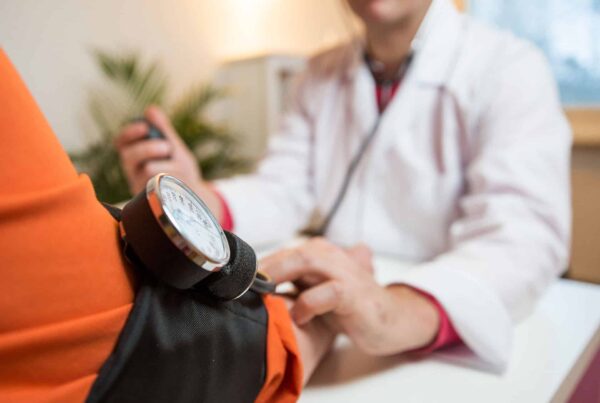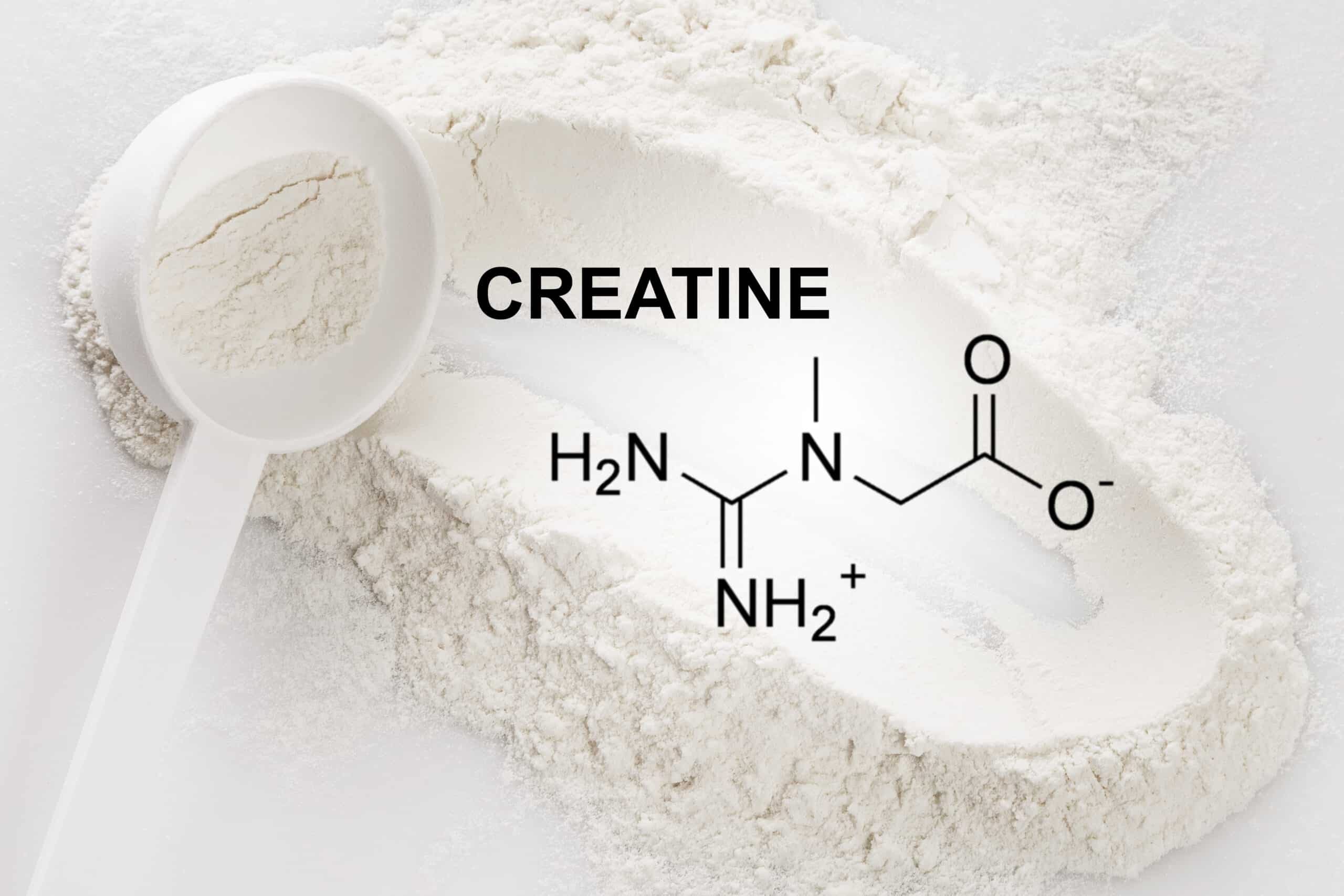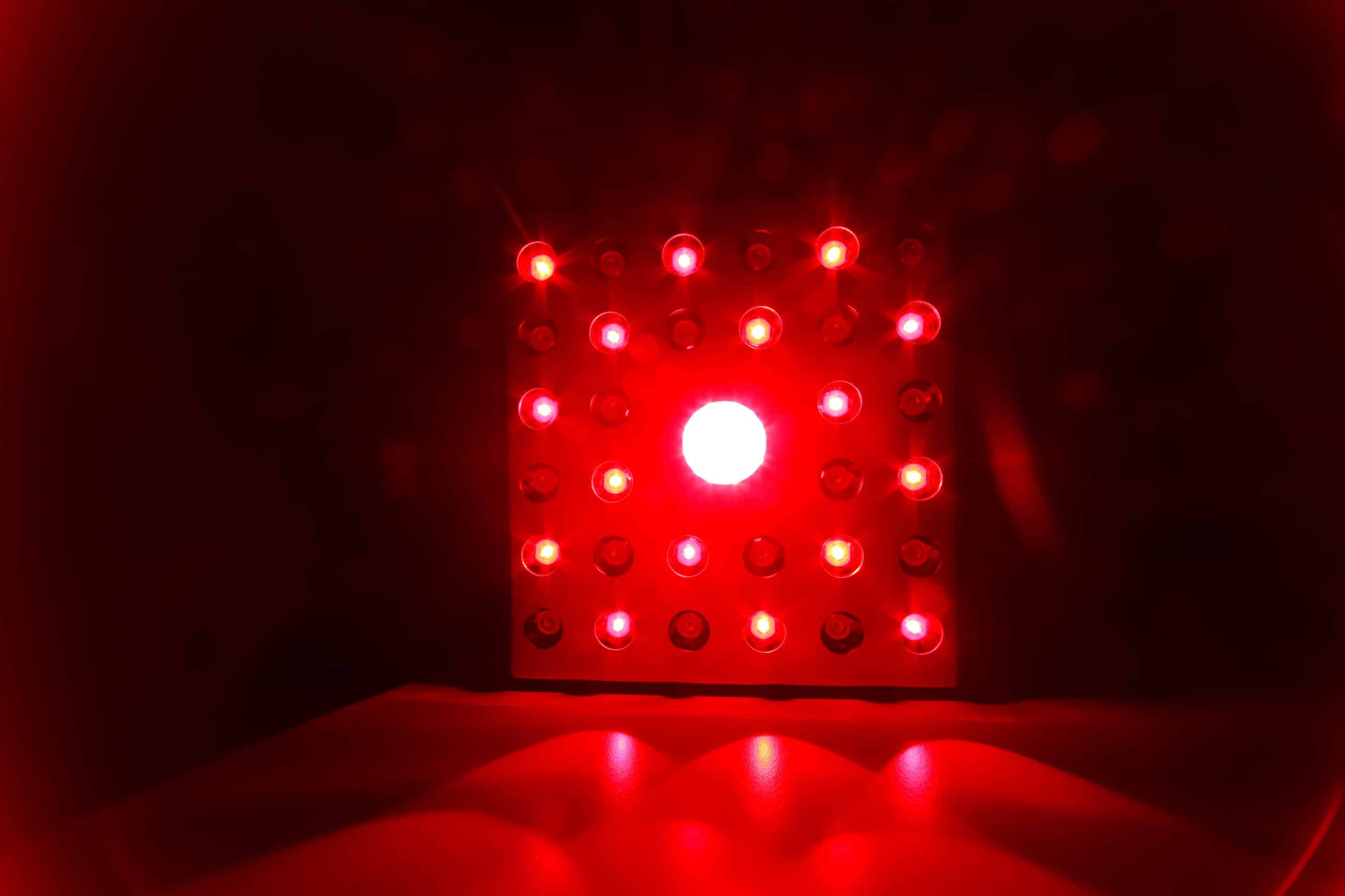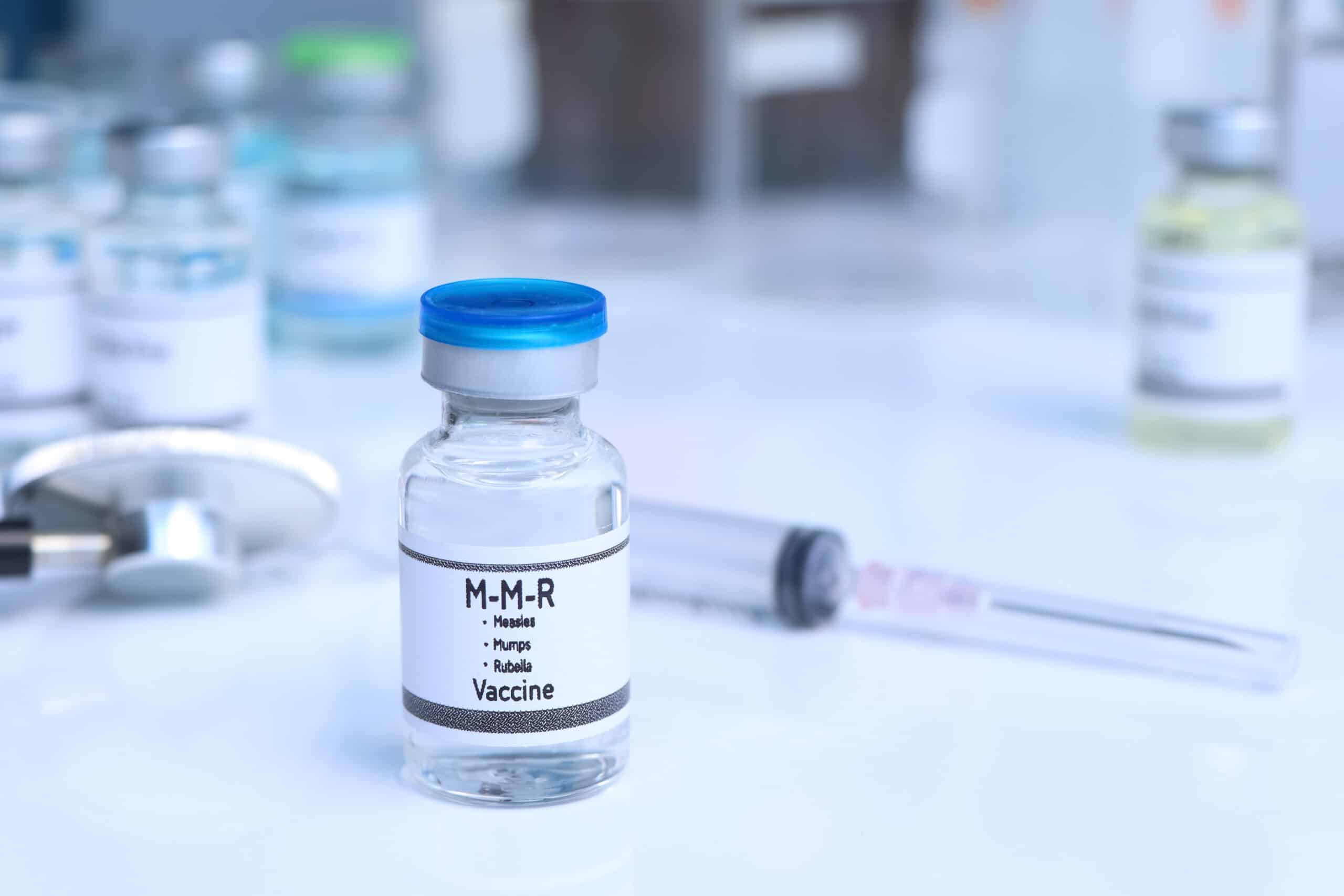If you’ve ever been under a tremendous amount of stress or been in a frightening situation, you’ve likely felt your blood pressure rise. You may have felt your heart pounding loudly and your breath quickening, causing your blood to rush faster and harder through your veins. Occasionally, this is normal, since certain situations can cause your heart to beat rapidly, increasing your blood pressure for a short time. But high blood pressure on a consistent basis (aka, a rise that is not triggered by a specific event) is dangerous and can cause serious health concerns. Blood pressure is the measure of how much force your blood puts on your arteries as it courses through your veins. It is measured with two different numbers (systolic and diastolic) and is represented as the systolic number over the diastolic number. Healthy blood pressure is 120 or below (systolic) over 80 or below (diastolic). An elevated, though not yet critical reading is 120-129/80 or below. Stage 1 high blood pressure is diagnosed with a reading of 130-139/80-89. Stage 2 high blood pressure is diagnosed at 140 and above/90 and above. If your blood pressure is above 180/120, you have hypertension and must see a doctor immediately.
The Dangers of High Blood Pressure
Over time, high blood pressure can cause permanent and sometimes deadly damage to your arteries, heart, brain, eyes, and kidneys. Arteries: Healthy arteries are flexible, durable, and elastic. As fat builds up in these arteries as a result of hypertension, they become hardened and narrow. This limits the flow of blood through the body, contributing to an increased risk of aneurysms. Heart: High blood pressure can lead to coronary artery disease, which can lead to heart attacks, chest pain, and irregular heart rhythms. Over prolonged periods of time, your heart can become enlarged from having to work so hard to pump blood through your arteries. Eventually, this can lead to complete heart failure and death. Brain: Your brain depends on healthy blood flow to get the oxygen it needs to run all of the essential tasks in your body. High blood pressure limits the oxygen in the brain, which can contribute to cognitive impairment and dementia. This lack of oxygen and decreased blood flow can also lead to TIAs (mini-strokes) and full-blown strokes. Eyes: Just like every other part of your body, blood flows to your eyes through small blood vessels. High blood pressure can cause these to burst, leading to bleeding and loss of vision. Nerve damage (caused by blocked arteries in the eye) can also lead to vision loss. Kidneys: Your kidneys are responsible for removing waste from your body through your blood. High blood pressure can damage the arteries located in and leading to your kidneys. For this reason, high blood pressure is one of the leading causes of kidney failure.
Risk Factors and Causes
It’s challenging to pinpoint the exact cause of high blood pressure. In fact, about 95% of high blood pressure cases in the U.S. result from unknown causes. This type of high blood pressure is called “essential hypertension.” When a cause can be determined, the resulting high blood pressure is called “secondary hypertension” since it’s clearly the result of another issue. Though the causes are unknown, there are common risk factors and groups of people who are more prone to hypertension and high blood pressure. First, high blood pressure usually runs in families, so if your parents or siblings have high blood pressure, you’re more likely to develop the disease. Other factors, like ethnicity, play a role as well. African-Americans are twice as likely as Caucasians to have high blood pressure. Most cases of high blood pressure occur in people over the age of 35. Other risk factors include:
- Smoking
- Being overweight or obese
- Being inactive
- Consuming too much salt
- Excessive alcohol consumption (more than 1 or 2 drinks each day)
- Eating a diet high in fatty foods
- Having high levels of stress
- Using hormonal birth control pills
- Adrenal and thyroid disorders
- Sleep apnea
Good Habits that Reduce Blood Pressure
While there is no way to negate your risk of getting high blood pressure completely, there are actions you can take to minimize your risk of getting the disease (as well as proactively improve your blood pressure if you have already been diagnosed with hypertension).
- Get regular exercise: Exercise keeps your blood pumping, which prevents high blood pressure.
- Limit processed and packaged foods: People who eat processed foods have higher levels of sodium in their bodies, which contributes to an elevated risk for high blood pressure.
- Cut back on alcohol: Keep your consumption to 1 or 2 glasses per day or less.
- Lose weight: Being overweight or obese is the number one leading cause of high blood pressure. To drop the weight, eat a diet high in vegetables and lean proteins with whole grains and low sodium and fat levels. Even a moderate drop of 5-10% of your body weight can significantly decrease your risk.
- Manage your stress: Since stress is linked to high blood pressure, stress-management techniques like yoga, meditation, and journaling can help keep your blood pressure levels in a healthy range.
- Quit smoking: Smokers are more likely than non-smokers to have high blood pressure. Consider switching to the patch.
Medications and Treatment
Treatment options depend heavily on how advanced the disease is, from stages 1 and 2 to complete hypertension. For some people, diet modification, exercise, and stress-management are enough to keep their blood pressure at safe levels. For other people, medication may be necessary. Blood pressure medications are among the most prescribed prescriptions in the United States. Blood pressure medications work in a few different ways. Some are diuretics, which help dilute the salt in your body. Others help dilate your blood vessels. The most common medication is Lisinopril. Make sure you talk to your doctor about the potential risks of blood pressure medication relative to the benefits. Potential side effects of blood pressure medication include fatigue, dizziness, and dry mouth. High blood pressure is a dangerous health threat that should be taken very seriously. If you have high blood pressure or are concerned that you may be at a heightened risk for developing the disease, contact Peninsula Doctor. We provide diagnostic and preventative medical care to keep you at your healthiest.



